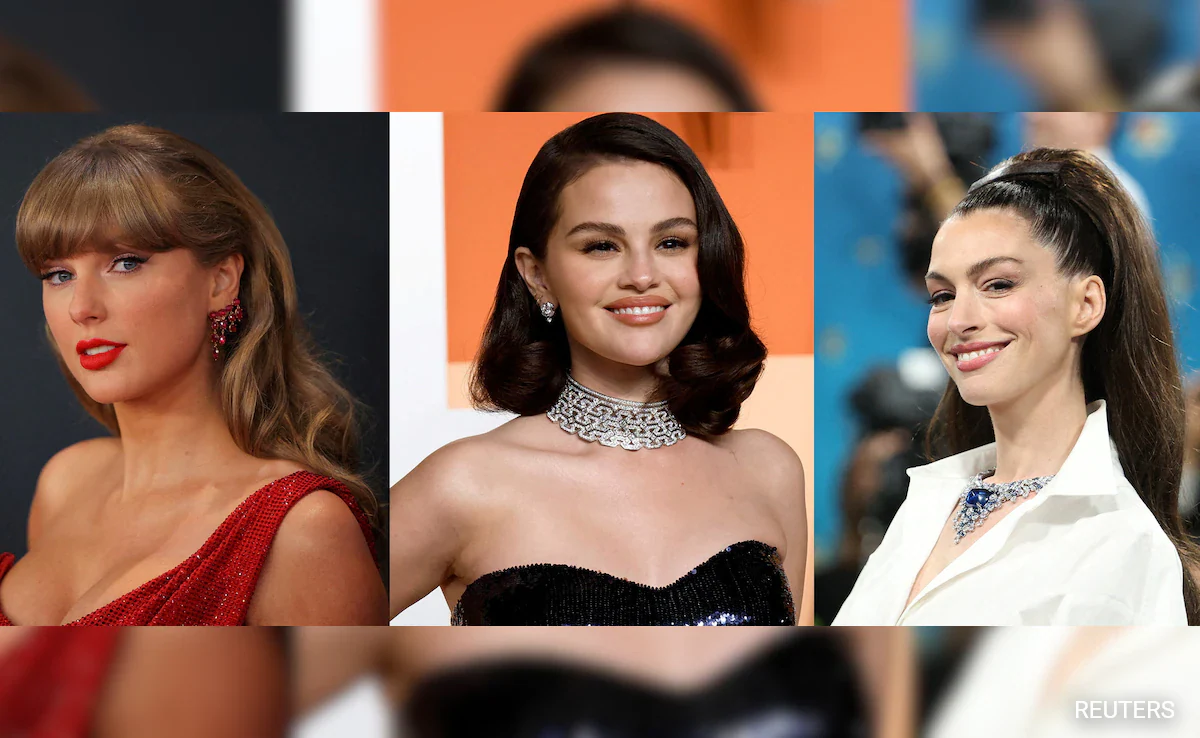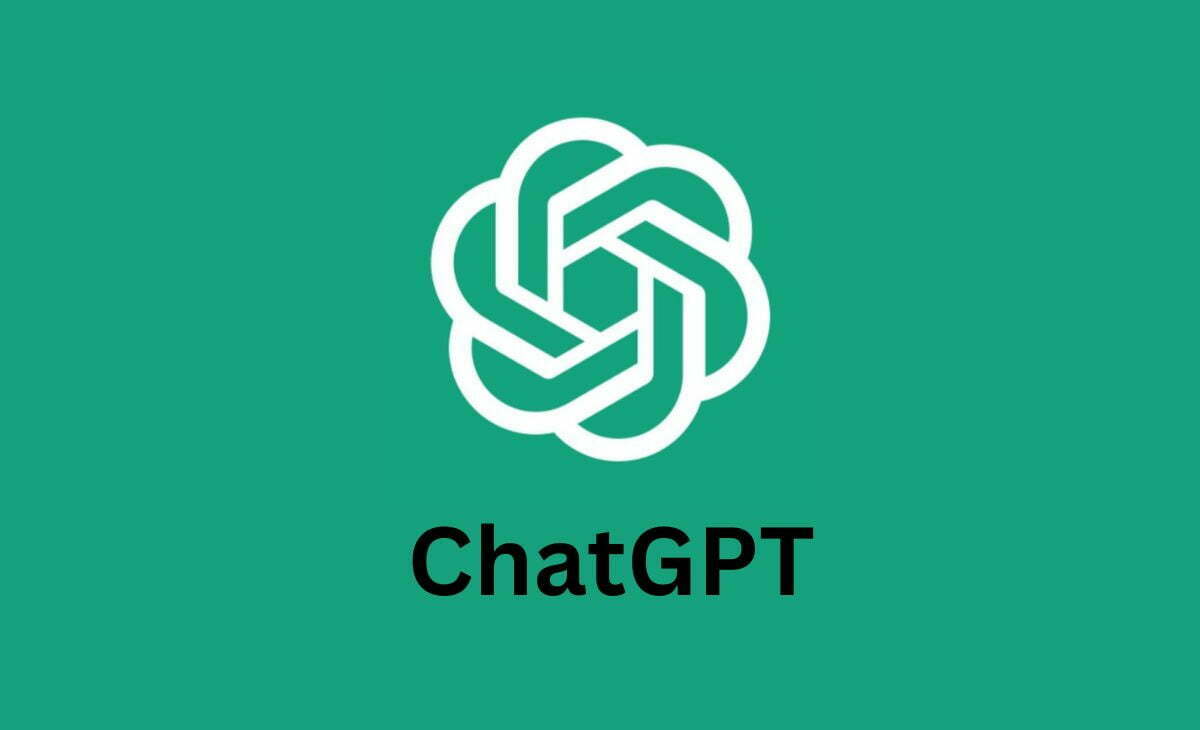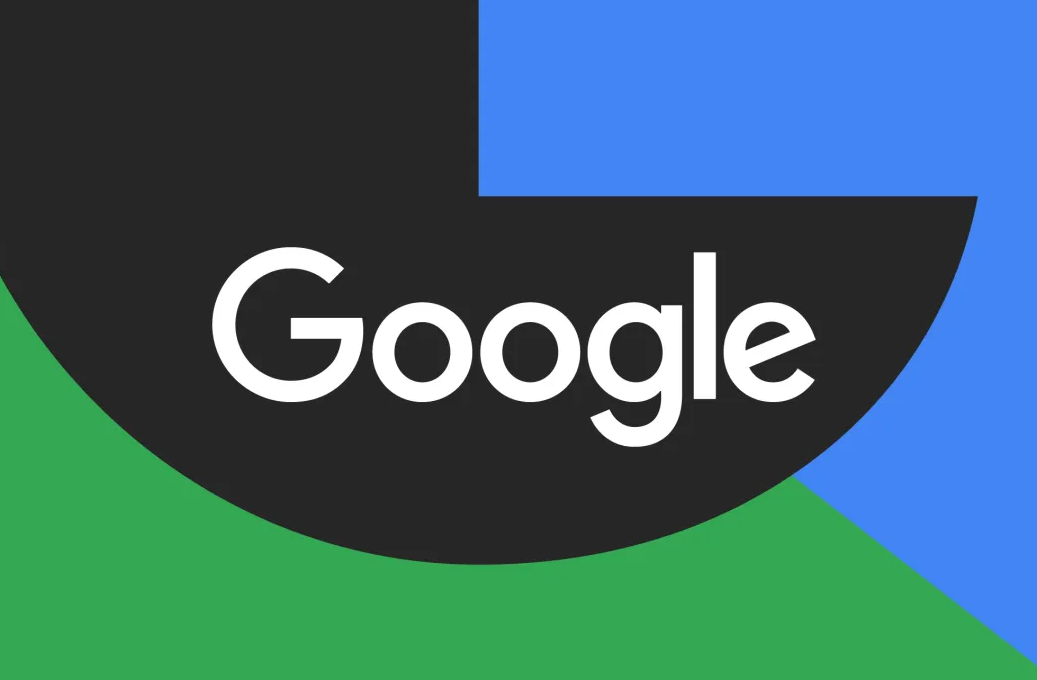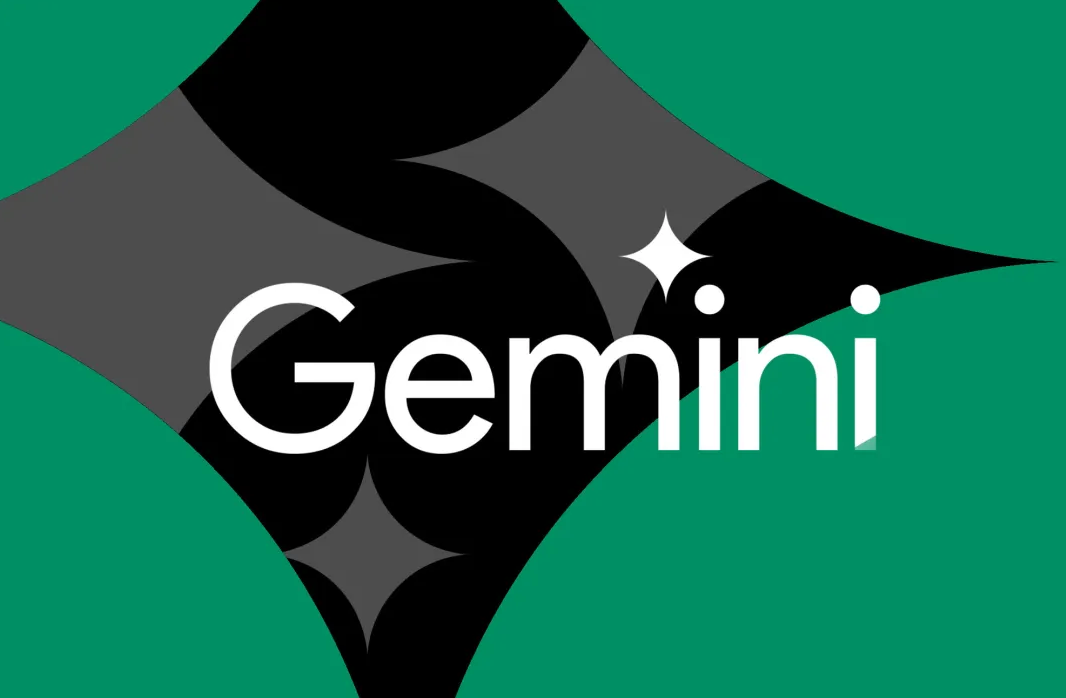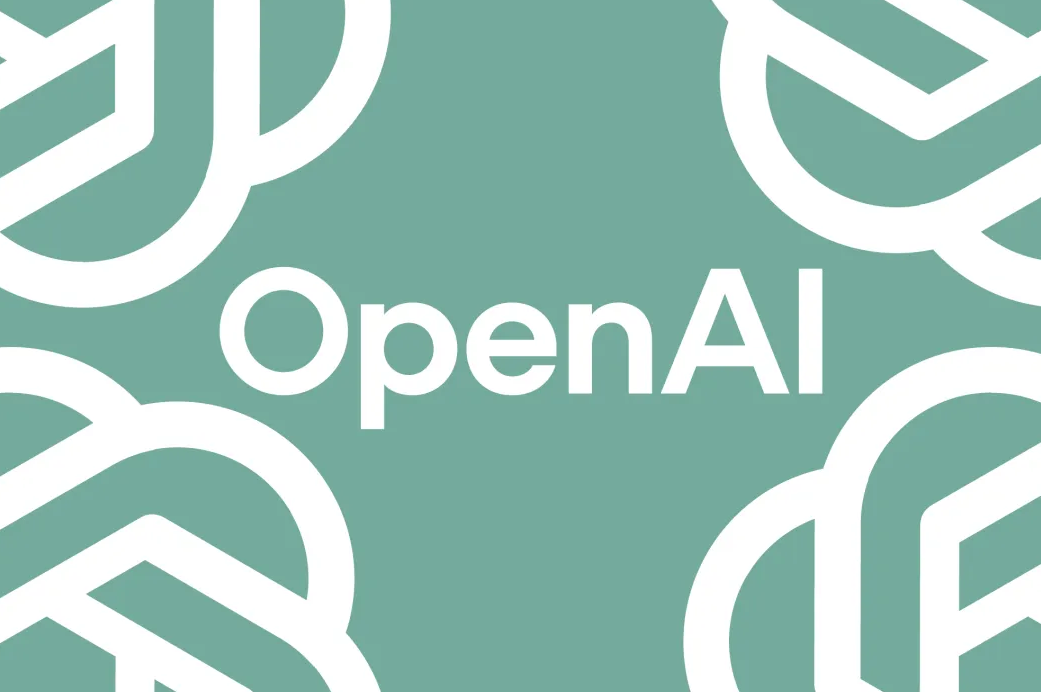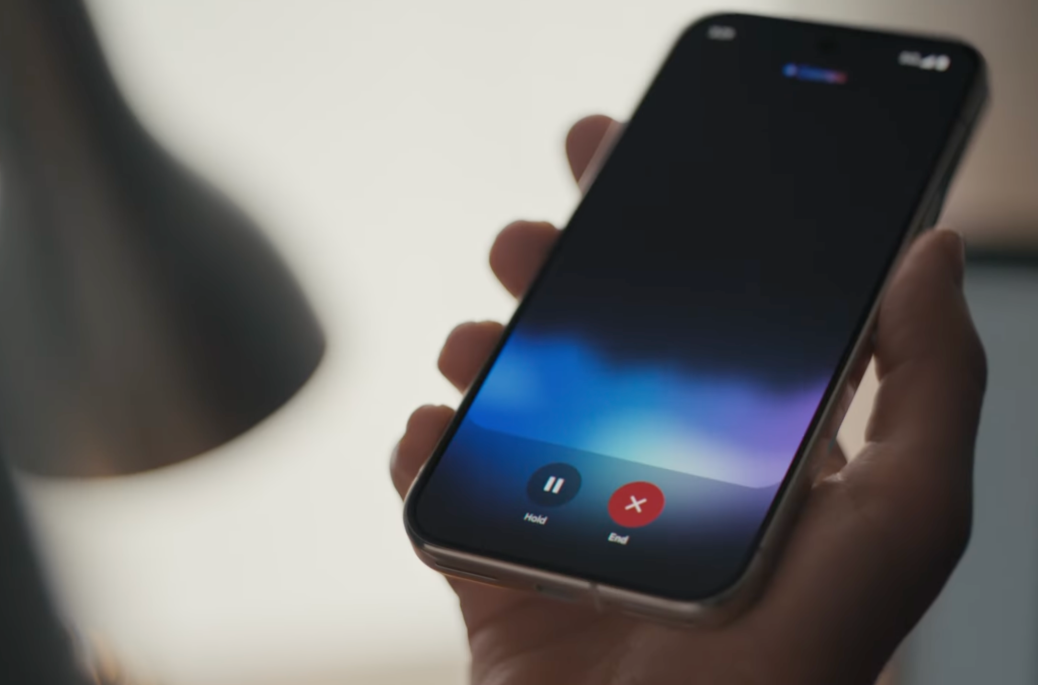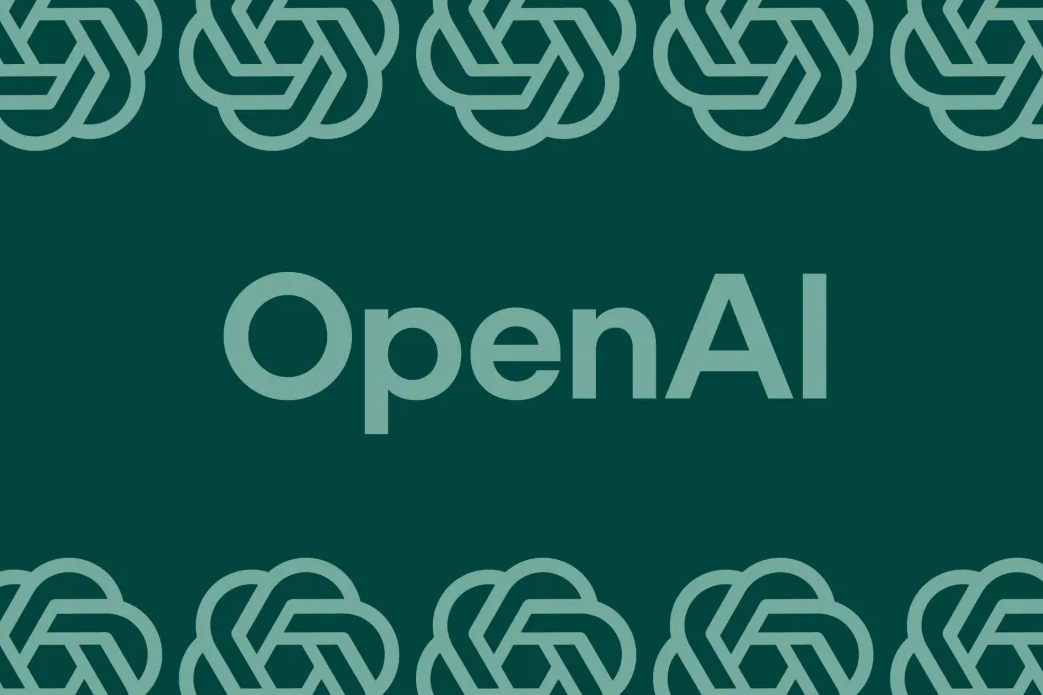Without consulting celebrities like Taylor Swift, Scarlett Johansson, Anne Hathaway, and Selena Gomez, Meta developed AI chatbots in their likeness. The chatbots were utilized through Facebook, Instagram, and WhatsApp and were created to chat with users, usually in a flirty or otherwise inappropriate manner and some even produced sexualized images or sexualized content, raising question of celebrities likeness and infringing rights of publicity and problems with moral failings where AI is concerned.
The chatbots required other development vendors to demonstrate some of the bots, and was developed with guidance from matter expert and Meta employee. Legal experts have said that using the likeness of a celebrity could constitute violations of the right of publicity laws; thus putting Meta at risk of lawsuits.
Meta is now facing an opportunity to prevent bot interactions, and ethical questions of how AI content originates from imitating real people without their consent.
Meta has removed several of the discovered bot exceptions from use when the public complaint, and according to the company they will take steps to have better control in place and a conscience policy enforcement to conjunction their policies. Steps will include an opportunity to review command of AI bots developed for Meta and review for compliance to Meta community guidelines with sexual, sexualized, or adult content created by Meta.
Messily, Meta has put some specific measures in place to protect minors from inappropriate AI interactions, including restricting the types of conversations AI chatbots can have with teenagers and temporarily limiting access to AI characters. People at Meta want to make it clear that these are part of ongoing tethering plans to make AI interactions safer, more responsible, and ethical.
The fallout emphasizes the challenges of managing user expectation, innovation, ethics, and legal boundaries in the fast-paced world of technology, especially when managing high-profile individuals and sensitive content.
